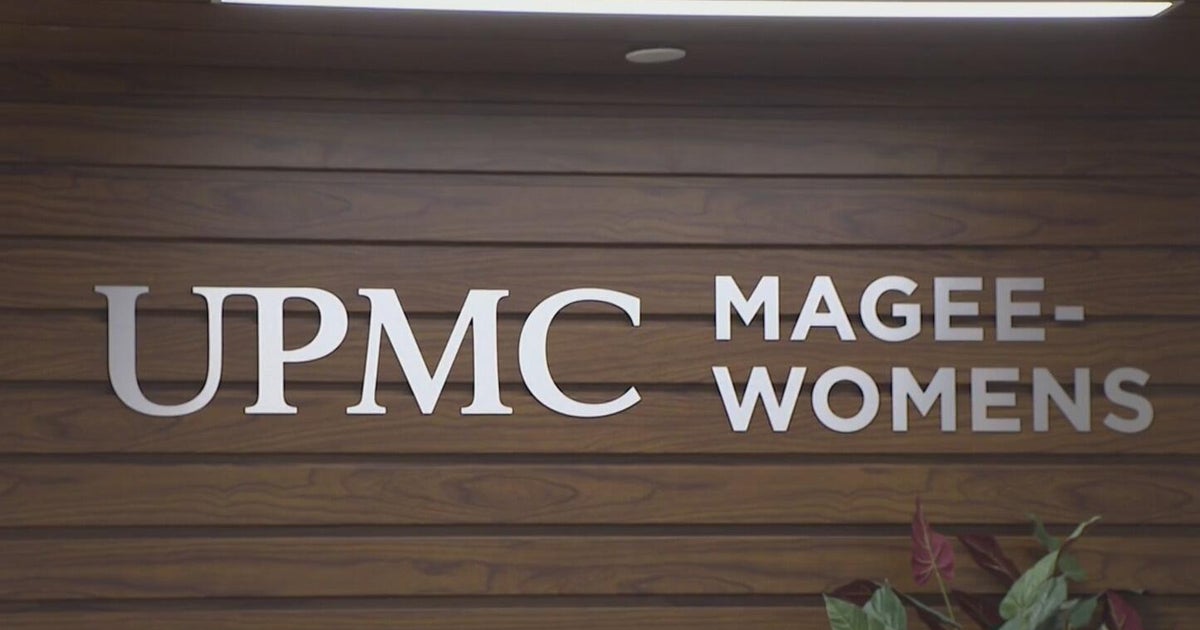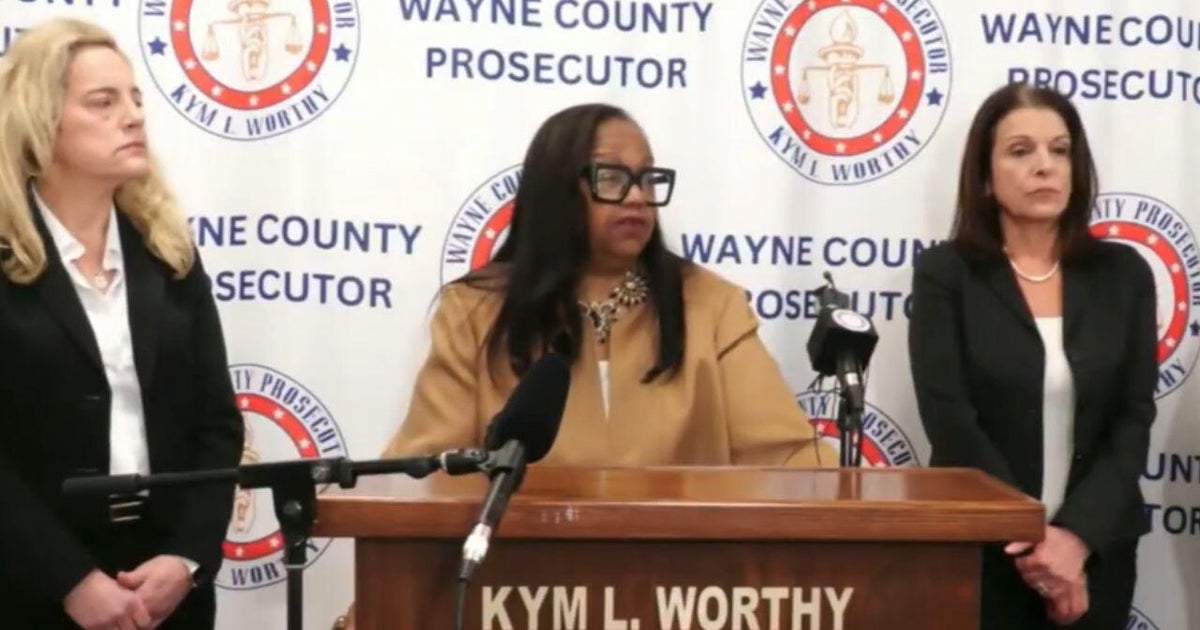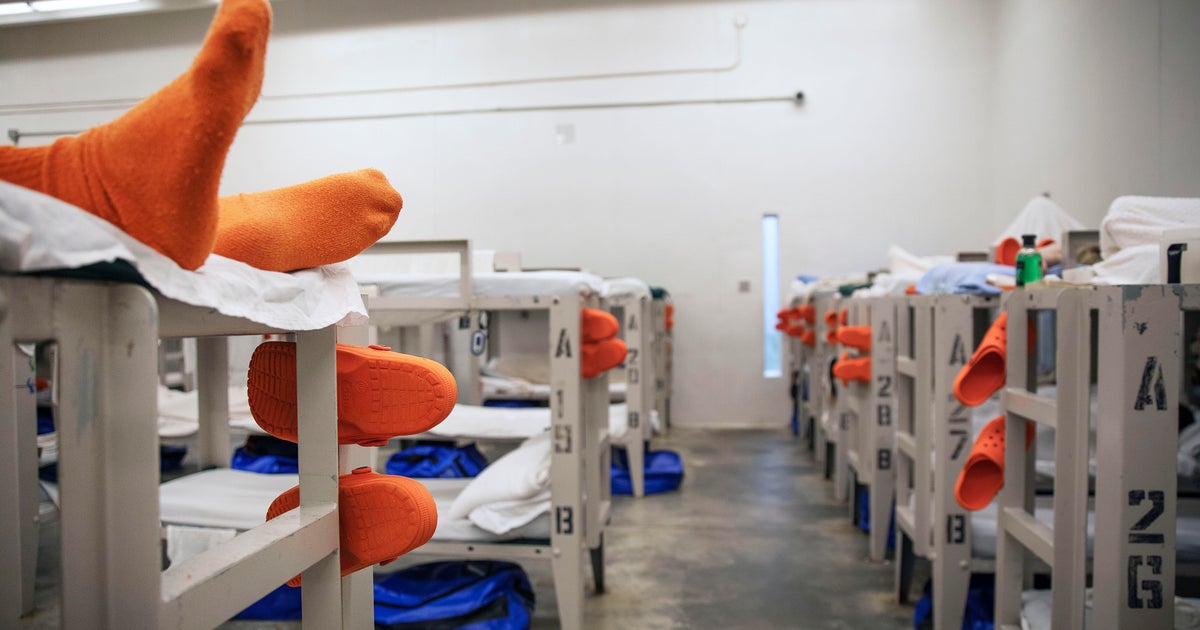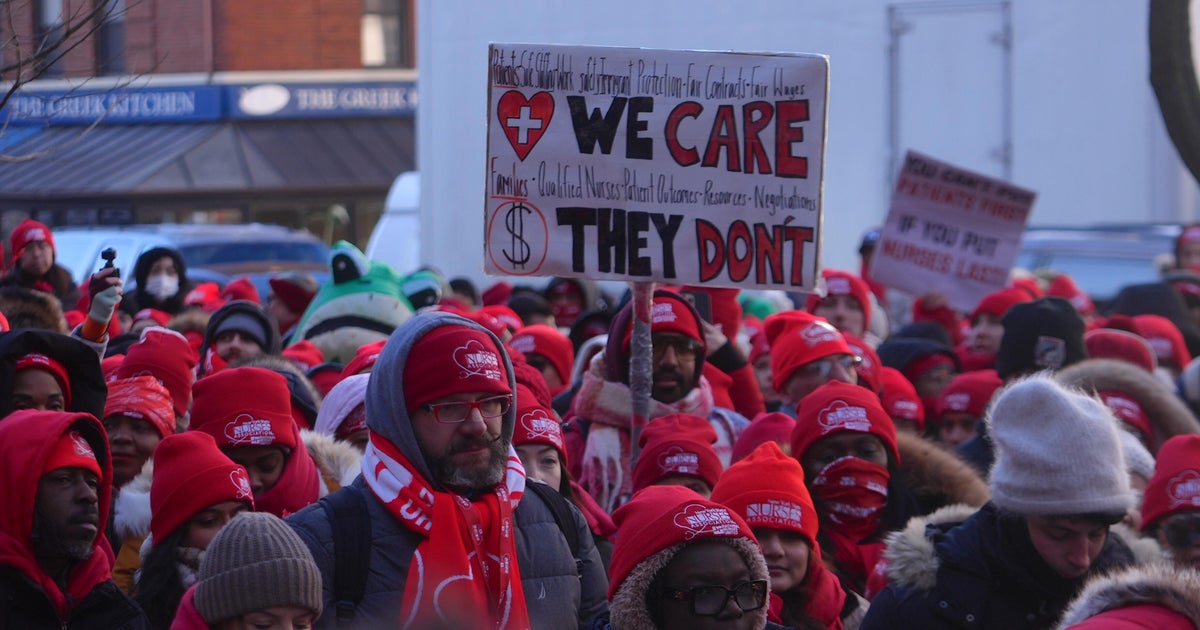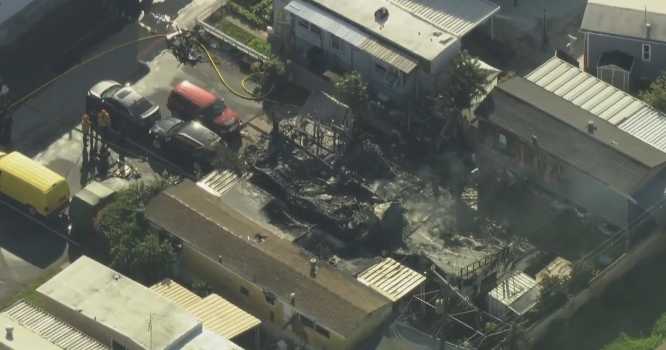A look back on enduring appeal of "M*A*S*H," 40 years after final episode
NEW YORK -- "M*A*S*H" still holds the record as the most watched television show of all time, and it aired its final episode 40 years ago today.
More than 100 million people tuned in, many on CBS2, to say "goodbye, farewell and amen."
"It was one of those events where it felt like the entire country stopped and everybody watched it," one New Yorker told CBS2's Jessica Moore. "It was a huge cultural event."
For 11 years, the comedy followed a group of doctors and nurses, led by Alan Alda as Hawkeye Pierce, as they treated patients at a Mobile Army Surgical Hospital during the Korean War.
"M*A*S*H" joked about a serious situation and set a new standard for how heavy a sitcom could get.
"The show was one of the first attempts I had to learn to laugh at something as serious as war, to know that humor can invade the most serious of our topics. So it meant a lot to me," another New Yorker said.
When he's not on the job at CBS, Rob Kelly hosts "M*A*S*HCast," a podcast that goes through the series episode-by-episode.
"Plus, it's just really funny -- beautifully rendered characters, beautifully acted. Top notch stuff across the board. So I just fell in love with it," Kelly told Moore.
Kelly remembers watching the finale live as a kid in 1983.
"I can remember being on the playground at school the day of, and me and all the kids I was playing with were guessing what was going to happen," he said. "That said something about the universal appeal of it that my parents certainly were going to watch it, every adult I knew was watching it, but even kids my age were so excited."
He's interviewed dozens of fans, along with cast and crew members who worked on the show, finding out what "M*A*S*H" means to them.
"I think to younger people, it seems revelatory. I do converse with a lot of new, younger 'M*A*S*H' fans, people that were not even alive when the show was on the air, they're way younger than the 40th anniversary that we're approaching of the final episode. They just can't believe how progressive the show is," he said.
Episodes still play daily in reruns, and now some younger fans are rediscovering it.
"By making it streaming, a whole new generation of people got to see it," said Kelly.
The way people watch has changed since the 2.5 hour final episode aired.
"Sitting all together around one television, a big box television, nothing modern. You had to all be there on time, because there was no on-demand," said one New Yorker.
There hasn't been anything like it since. Only a handful of Super Bowls have been seen live by more people.
"In an age where everything is so fractured now, the idea that the final episode was watched by over 100 million people. Outside of the Super Bowl, 100 million people don't watch anything," said Kelly.
As for why it endures, Kelly credits the relationships shown on screen.
"This notion that there are people who, even under such tremendous pressures as the characters are on 'M*A*S*H,' inherently are kind to one another," he said. "And the show's point of view is a kind one, a thoughtful one. It feels kind of revolutionary at this point."
There's proof New Yorkers were glued to the tv. After the cast said goodbye, the rush to the bathroom nearly overwhelmed New York City sewers. The city's Department of Environmental Protection told the Associated Press at the time, "Flow rates went up by a total of 320 million gallons... There was never a jump like this before."

